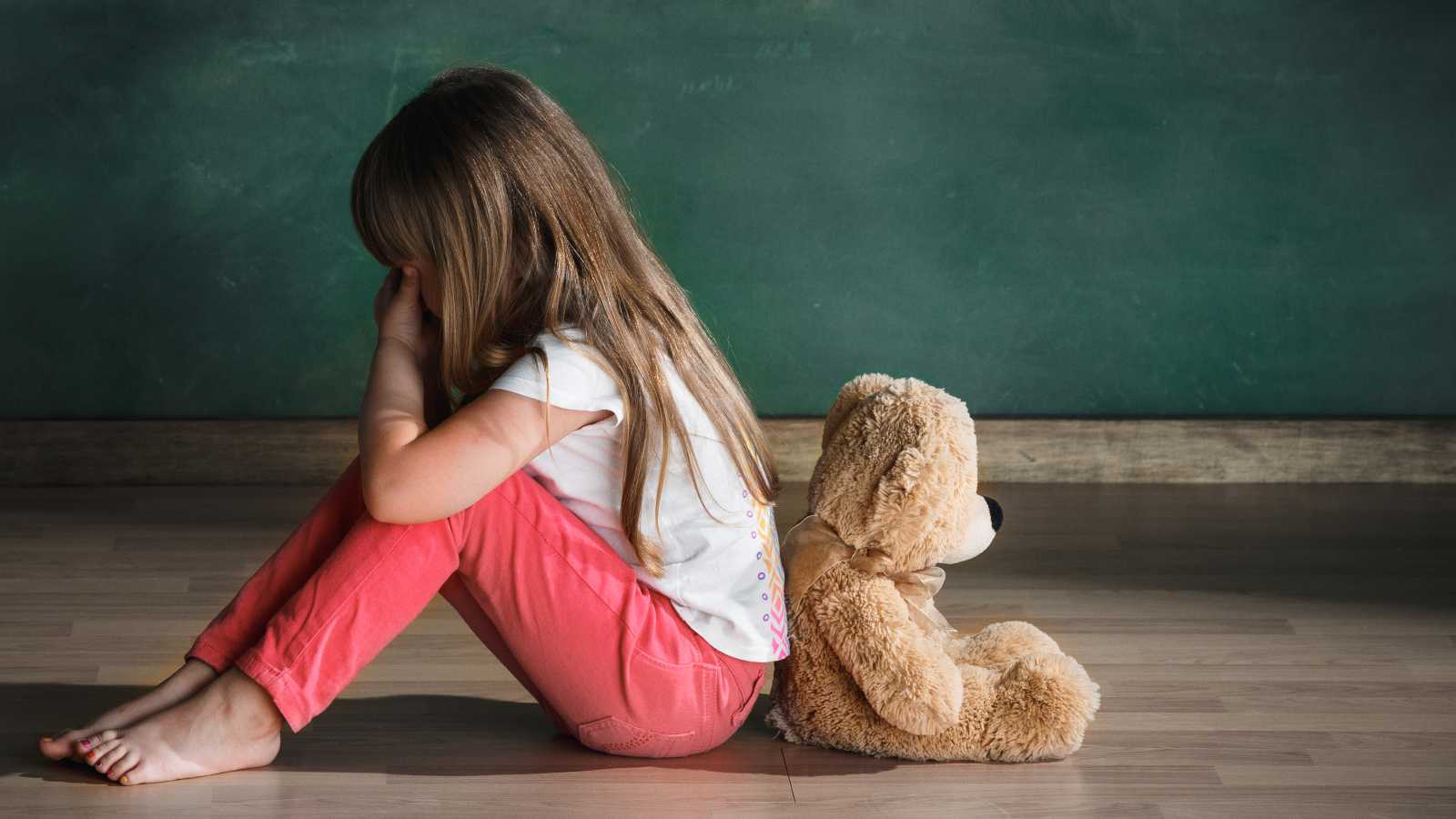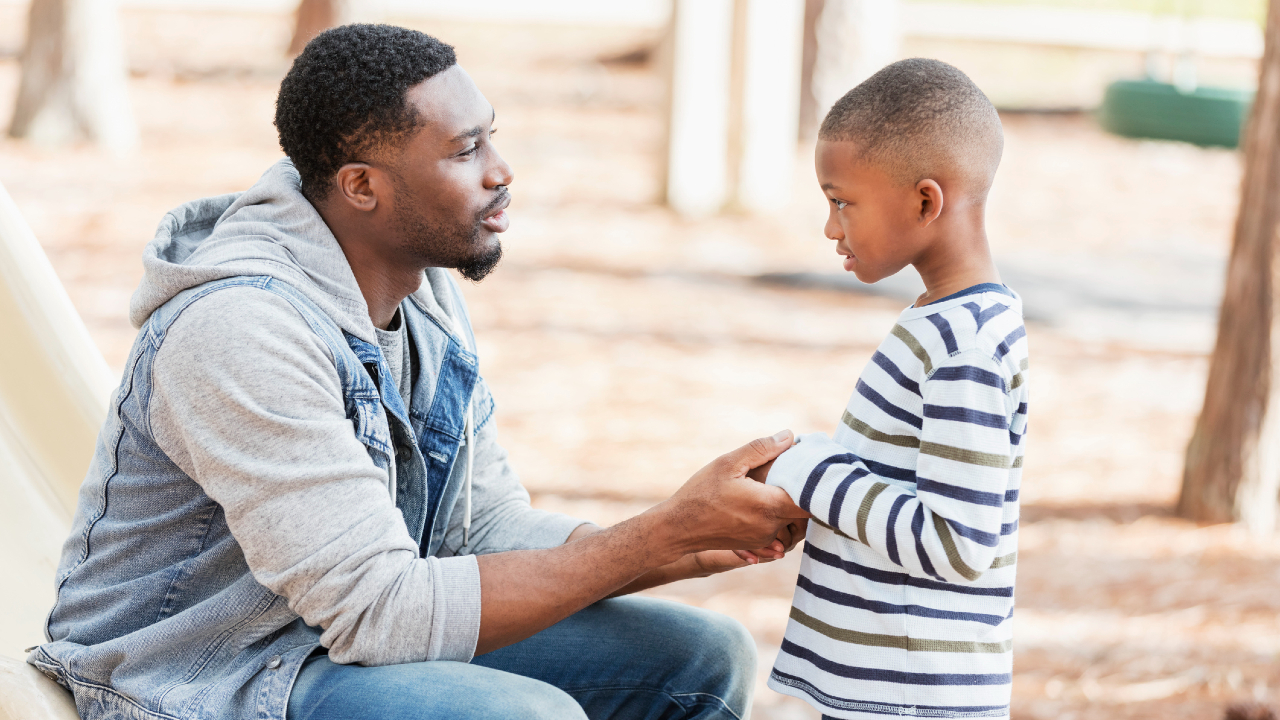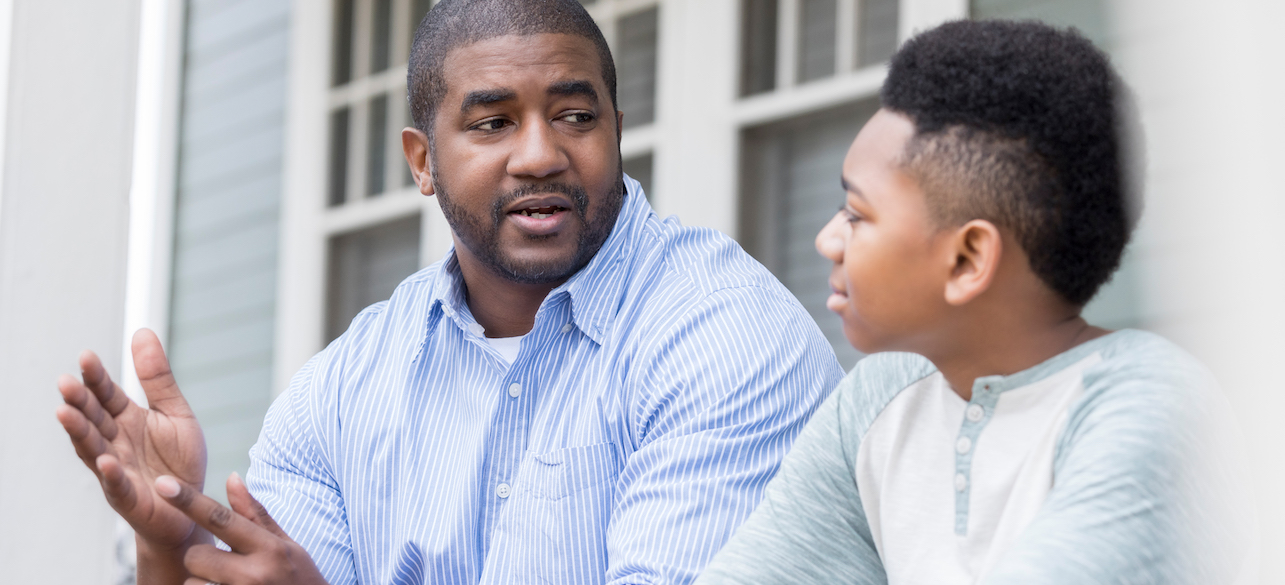Depression is an illness that affects millions of people. Kids with mental health problems can be very challenging to deal with. The good news is that most children with mental health problems will grow out of their difficulties as they get older. Here are some tips to help your child deal with depression.
This is a topic that is near and dear to my heart. I have been in the trenches with kids with mental health issues.
A child struggling with mental health issues is just as important as a child who struggles with physical health issues.
Kids with mental health issues are often overlooked. There’s a category of mental health issues called “hidden d”abilities” because”people are often unaware of the symptoms of mental illness.
There is no cure for anxiety. However, there are ways to help a child suffering from anxiety. Whether the symptoms are mild or severe, learning how to help a child who suffers from anxiety can make a huge difference in their life.
Anxiety is a problem that affects children and adults alike. It is not uncommon for kids to have trouble sleeping, be unable to concentrate in school, or even be afraid of the dark. Some kids may also experience panic attacks and fear eating or drinking in public places.
This guide will show you how to help your child struggling with anxiety.

Could you help your child manage their anxiety?
There are nThere’saythere’sour kids with mental health problems. It depends on your child’s school sand needs. Your pediatrician can be a good resource for information and guidance.
A look at how parents can help their children cope with and overcome mental illness.
Children can experience anxiety and depression just like adults. However, there are certain challenges when dealing with children struggling with mental health issues.
Parents often feel helpless when their child suffers from anxiety and depression. However, there are ways parents can help their kids cope with these conditions.
Here are some helpful things to help your child cope with anxiety and depression.
Did you know that 1 in 5 children has mental health issues? There are many reasons why kids get depressed or angry. Sometimes the reasons are obvious. But other times, they might not be.
Depression and anger are common mental health disorders among kids. And it’s easyit’stell when they’re tthey’rehis article will teach you how to spot depression or anger in kids and how to help the best way possible.
Get to know your child’s tchild’s
Mchild’slth in children is an issue that needs to be addressed as early as possible because it can lead to other health problems later in life. This article aims to provide tips and ideas that parents can use to support their child’s mchild’sealth.
The fact that kids with mental health issues are more likely to experience substance abuse problems, depression, and anxiety later in life is something you can’t igncan’tYour first step in helping a child with mental health is by providing them with healthy coping mechanisms.
I think kids with mental health issues are often overlooked by both their parents and society. They can feel isolated and alone, which makes it harder for them to recover.
Parents often try to cope with their child’s mchild’sllness by isolating themselves from others, which can cause more problems.

Support your child at home
The first step in helping a child with mental health issues is to have a conversation with the child’s Achild’s.arting point is to ask about the child echild’scechild’s and whether there are any concerns about academics or socialization and if the child is having problems in one area, such as not wanting to do homework or acting out.
Mental health problems are common in kids, but it’s important that not every child with a mental health problem needs professional help.
Parents and other caregivers can play an important role in supporting a child with a mental health problem.
Some common mental health problems include:
Depression
Anxiety
ADHD
OCD
Learning disabilities
Traumatic brain injury
Bipolar disorder
Mood disorders
Schizophrenia
Autism spectrum disorders
Attention deficit hyperactivity disorder (ADHD)
A few years ago, I had a son diagnosed with ADHD. He was given medication to control his symptoms and did much better than I expected. But that didn’t medidn’twas cured.
He still had a hard time focusing and getting along with other people.
My husband and I started our first online business in 2012. We had both been working full-time jobs and struggling to find a balance between our work and
My name is Aaron, and I’m the founder offounderith Mental Health. I have two little girls of my own. One has been diagnosed with a mental illness. The other is on the autism spectrum. Both of them are special needs, kids.
I’ve creaI’vethis site to share my experience with other parents and caregivers trying to help their kids with mental health issues. I’ve alsoI’veluded a few resources for those of you who support a child with a mental health problem.
Be patient and understanding.
This post will provide helpful information about kids and mental health. It also provides you with tips and techniques that will allow you to help your child better and help them deal with their issues.
We hear that they are somehow different or weird, like “kids don”t cry, don’t, “they don’t know trying.” It’s no” It’s that. Mental health problems can affect anyone at any age. There are many types of mental illnesses. Some people are born with them. Others develop them later in life.
I have an understanding parent. There is nothing wrong with it, and there’s nthere’swrong with a kid who needs help. Being able to be open about it is good.
I see that you are different.
By being aware that their child may need help. It would help if you kept an eye on them. If your child starts acting strangely, try to pinpoint what’s gowhat’s. What’s your doctor or family doctor to find out what the problem may be?
The best way is to be more accepting of your mental health. Try to take care of yourself and not put so much pressure on yourself. Learn to let things go and accept yourself as you are.

Frequently Asked Questions (FAQs)
Q: How should someone who is a parent, grandparent, or caregiver know how to help if their child has a mental health condition?
A: You can be the best mom in the world, but if your child doesn’t, doesn’t, doesn’t, won’t telwon’t if they are in trouble? You can look for signs indicating your child has an issue as a parent. Sometimes kids with mental health issues feel anxious, frustrated, or angry. When a child with a mental health issue gets into these states, they may hurt themselves, cut themselves, and lash out at you.
Q: How do I help my child with depression?
A: If you notice that your child is having trouble sleeping or eating, that could be a sign that your child is depressed. Some children don’t wandon’tgo to school.
Q: What should we tell our kids if they’re hththey’reda day or something is bothering them?
A: Tell them that they are special. Just because they are having a bad day, doesn’tdoesn’ty don’t havdon’tonderful soul.
Q: Should parents tell their kids what to expect when they go to a doctor?
A: Yes! Tell them that going to a doctor can be scary, but it’s all it’s to be fine.
Q: How do we help kids understand mental health issues?
A: A lot of kids don’t wandon’ttalk to adults about things. They sometimes go to a friend or ask someone else to talk to. Sometimes, they will talk about it in school and then come to us to talk about it.
Q: Is there anything that models can do to help children struggling with mental health issues?
A: When you first come into contact with kids in crisis, the most important thing you can do is listen to them. They might be speaking in code, and it can take time to figure out what they are trying to say. But you must be patient, compassionate, and non-judgmental. As a model, you represent a positive image of how a young person should look and act. You can teach kids that it’s ok; it always feels good. You can teach them that their body isn’t perisn’teither. You can even teach them that some people have different ways of thinking than others.
Myths About Mental Health
1. People with mental health problems are less human or should not be treated with dignity.
2. Treatment will make them worse.
3. They will never get better.
Conclusion
You know it’s extra to treat children respectfully if you have children. You don’t wandon’traise a kid who isn’t heaheadstandppy.
However, it is knowingatothat’sith their minds and emotions. T can be challenging. His article will provide some advice about how to help a child with mental health issues.
We’ll be We’lling some of the most common problems that kids including anxiety, depression, ADHD, and bipolar disorder.
















